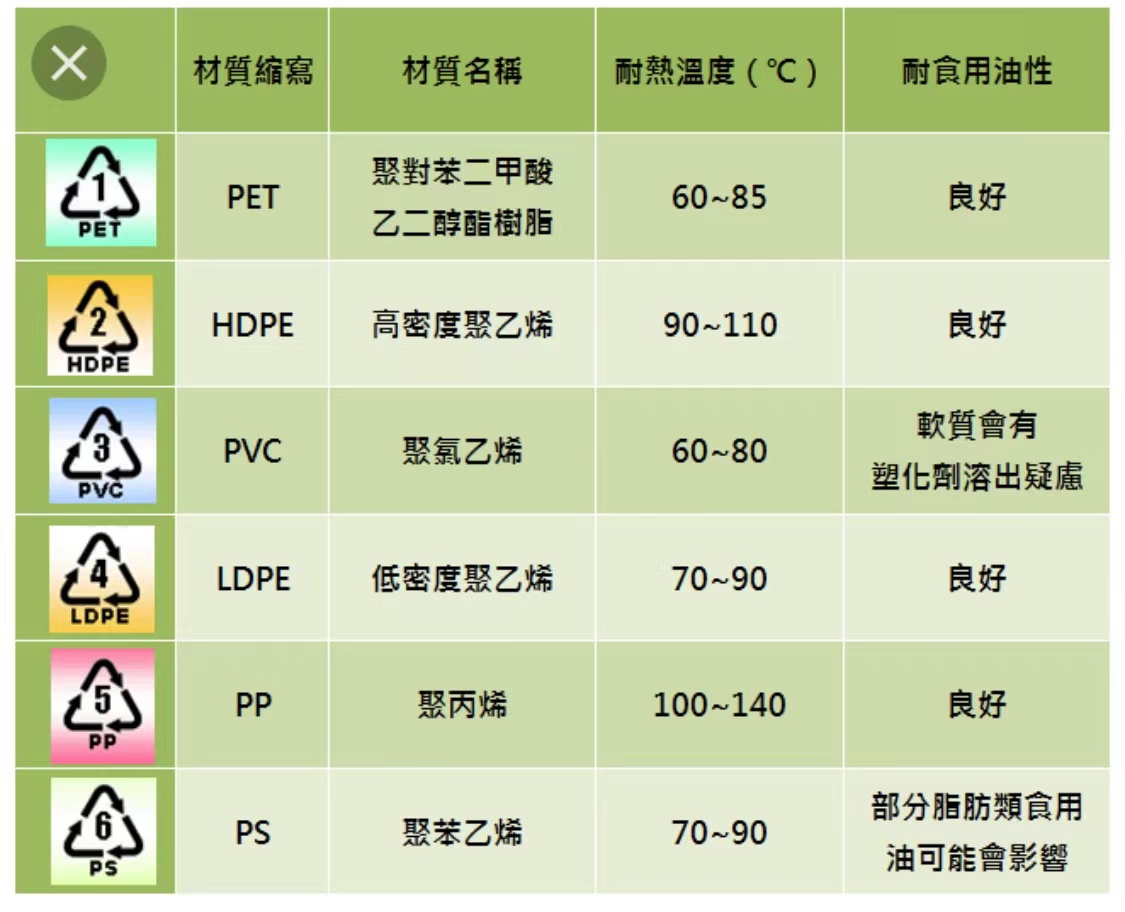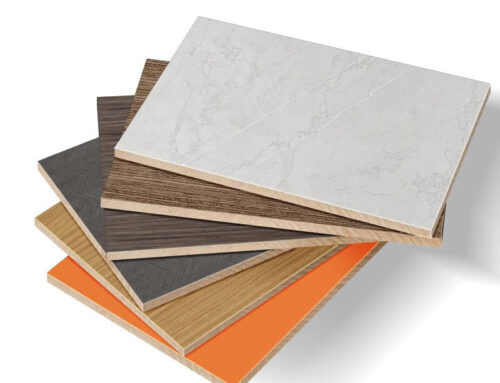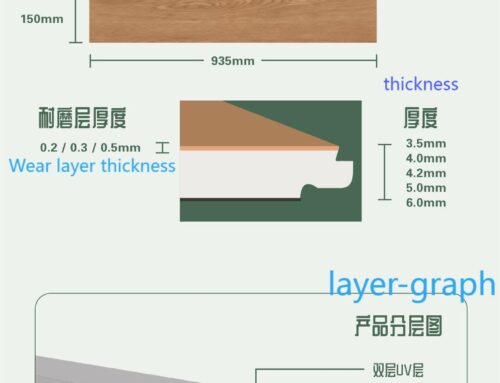PVC is polyvinyl chloride.
PVC, short for polyvinyl chloride, is one of the most popular and widely used synthetic materials in the world, and it is the second most widely used synthetic material worldwide.
PVC material is a kind of plastic decorative materials, PVC resin is made of vinyl chloride monomer polymerization of thermoplastic polymers. It is made of polyvinyl chloride resin by mixing, calendering, vacuum forming, etc. . PVC is an amorphous polymer, containing 5% -10% crystallinity of microcrystals. The molecular weight, crystallinity and softening point of PVC vary with the polymerization conditions. PVC resin plastic was prepared by plasticizing and molding PVC resin with stabilizer, plasticizer, filler, colorant and modifier. PVC materials with light, heat insulation, heat insulation, moisture, flame retardant, construction simple and so on.
The advantages and disadvantages of PVC materials
Pros:
Strong corrosion resistance: PVC has good acid and alkali resistance, grease resistance, salt resistance and other characteristics, so it is widely used in chemical, construction, medical and other fields.
Good processability: PVC materials are easy to process into various shapes, can be through extrusion, injection molding, calendering and other means of processing.
Good electrical insulation: PVC has good electrical insulation, can be used for wire and cable insulation layer.
Good weather resistance: PVC material has good weather resistance, can be used in indoor and outdoor environment for a long time.
Super wear-resistant: PVC floor materials wear-resistant degree of high, long service life for similar products.
Waterproof and skid-proof: PVC floor surface for high-density special structure, imitation wood patterns, not slippery, water more astringent, household pavement can remove the elderly and children’s safety concerns.
Light: light weight after construction, 10 times lighter than wood flooring construction, 20 times lighter than ceramic tile construction, 25 times lighter than stone construction, reduce the load-bearing capacity of its building, safety guaranteed, and easy to carry.
Construction convenient: no need for cement sand, no need to build wood and earth, special mortar shop paste, fast and simple.
Good flexibility: special elastic structure, impact resistance, and the foot feeling is suitable for the family to provide the highest guarantee of daily life.
Good Heat conduction and thermal insulation: heat conduction only a few minutes, uniform heat dissipation, absolutely no stone, tile cold feeling, bare feet are not afraid of winter.
Cons:
Poor thermal stability: poor thermal stability of PVC materials, easy to release harmful gases at high temperature under the decomposition.
Flammable: PVC material is easy to burn, and when burning will release toxic gases.
To the environment pollution: the PVC material production process can discharge the harmful substance, causes the pollution to the environment.
High temperature resistance is not good: in a hot environment, easy to work deformation.
PVC is a non-degradable material, will have a negative impact on the environment.
Some PVC materials contain chemicals that may cause health effects. For example, plastics containing phthalates may cause endocrine disruption.
The static electricity produced by friction is easy to accumulate dirt such as dust and grease, which affects the appearance of health.
To sum up, PVC materials have multiple advantages, but there are also some shortcomings can not be ignored. In the choice of PVC materials, we need to use according to the specific use of the scene and needs, weighing its advantages and disadvantages, to make a reasonable decision.




Leave A Comment